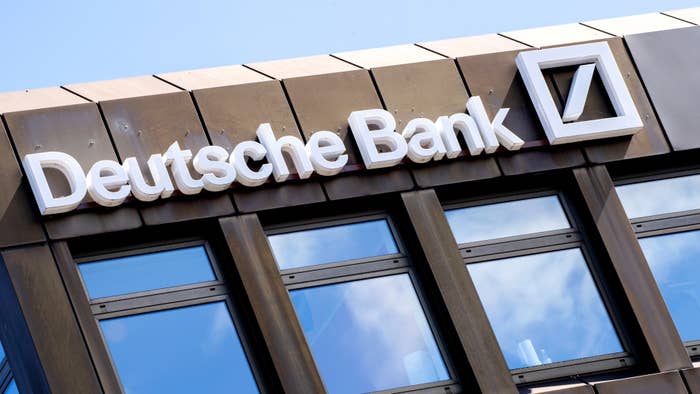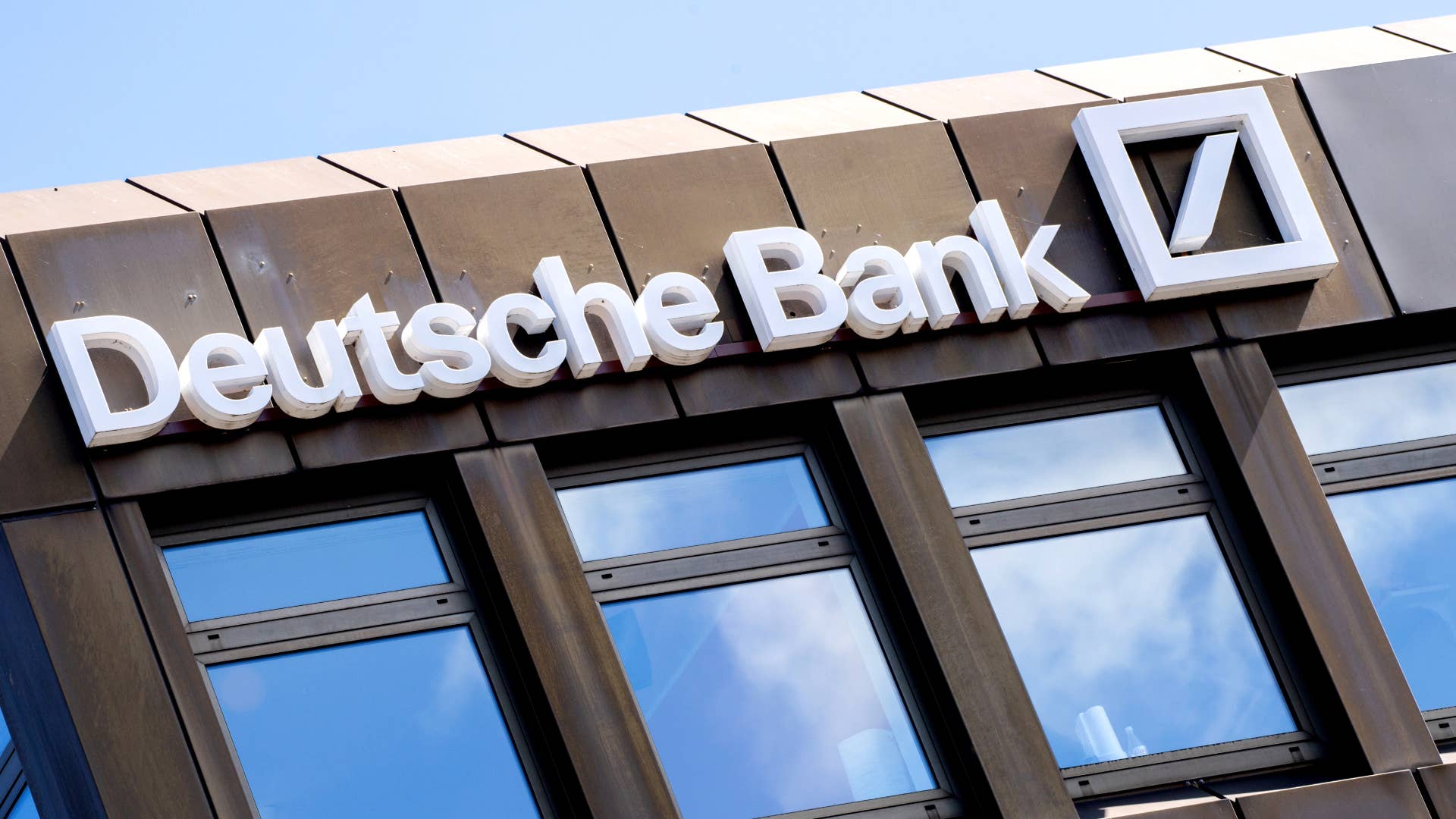
Deutsche Bank is forecasting that the U.S. will see a recession in late 2023, with the financial institution now being reported as the first major bank to make such a prediction.
Deutsche Bank economists, per a report from CNN Business, said this week that they can “no longer see” the Federal Reserve “achieving a soft landing.” The economists in question instead expect a recession to be spurred by a “more aggressive tightening of monetary policy.”
While a stated uncertainty remains an integral aspect of the months and years ahead, Deutsche Bank is, for now, anticipating that an economic downturn in the last quarter of 2023 and first quarter of 2024 will not be on the same level as the most recent recession examples.
In March, Jerome Powell—who presently serves as the Chair of the Federal Reserve—spoke at length about inflation being “much too high” when addressing attendees of a National Association for Business Economics conference. Per Powell, a number of “necessary steps” will be taken to push toward the reestablishment of price stability.“
“In particular, if we conclude that it is appropriate to move more aggressively by raising the federal funds rate by more than 25 basis points at a meeting or meetings, we will do so,” Powell said at the time. “And if we determine that we need to tighten beyond common measures of neutral and into a more restrictive stance, we will do that as well.”
In comments delivered this week as part f the Spring 2022 Institute Research Conference, Federal Reserve Board of Governors member Lael Brainard outlined the vary impact of inflation on American households, specifically pointing to the current moment’s “very high” inflation in the food and gas sectors.

